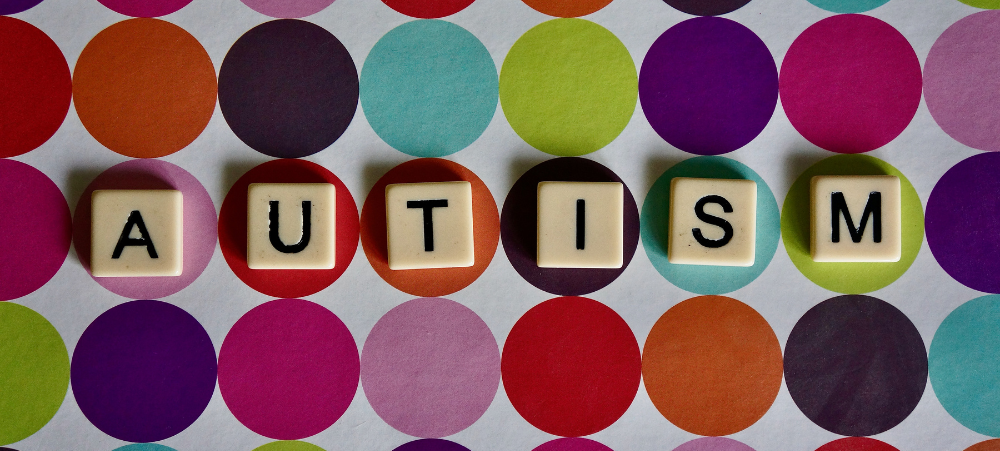Autism, commonly known as Autism Spectrum Disorder (ASD), is not merely a disorder but a celebration of neurodiversity. Affecting nearly 2% of the global population, Autism manifests uniquely in each individual, presenting a spectrum of experiences from mild to profound. Through collaborative efforts from a team of professionals at Glenoaks Remedial and Vocational School, we strive to support and uplift individuals with Autism and their families, recognising their diverse strengths and challenges. In this article we briefly explore ASD in terms of sensory processing, communication, academic support, social interactions, and the need to embrace neurodiversity, creating a world that cherishes and values every unique individual.
- Definition: Autism Spectrum Disorder (ASD) is a neurodiversity, not a disorder, affecting almost 2% of the global population.
- Diagnosis: ASD presents differently in each individual, requiring professional assessments to identify strengths and challenges.
- Causes: The causes of Autism are still being researched, but there is no link to vaccines. Genetic factors play a role, but genes may not be inherited.
- Medical vs. Social Perspective: Autism can be viewed medically as a condition with manageable symptoms or socially as an alternate way of experiencing the world.
- Early Detection: Paediatricians are often the first to identify neurodiversity in children, leading to referrals to a team of professionals for support.
- Treatment: While there is no cure for Autism, medication may help manage anxiety and other difficulties associated with ASD.
- Sensory Processing: People with Autism process sensory information differently, leading to specific behaviors and needs. Occupational therapists play a vital role in supporting sensory processing.
- Communication: Speech therapists assist in developing communication skills and understanding social cues, as people with Autism may struggle with subtle aspects of communication.
- Academic Support: Learners with Autism benefit from academic accommodations and support in school to maximize their learning potential and happiness.
- Social Challenges: People with Autism may have difficulty understanding social norms and reciprocal conversations. Speech therapists, Occupational therapists and psychologists can help improve social interaction skills.
- Advocacy: Individuals with Autism and their families are strong advocates for neurodiversity and should be recognized as important voices in destigmatizing Autism.
- Embracing Neurodiversity: Each person with Autism has unique skills and challenges, requiring individualized support for a happy and fulfilling life.
Every person on the spectrum contributes an essential piece to the beautiful tapestry of humanity. By fostering understanding, empathy, and inclusive support, we can ensure that individuals with Autism thrive and flourish in a world that appreciates their unique abilities. Let us stand together as advocates for Autism, breaking down barriers, and embracing neurodiversity with open hearts and minds.
Written by Julia Wood – Head of Oak House Vocational Academy – Glenoaks School
- When to Push My Child and When to Step Back - March 18, 2024
- Benefits of Including STEM into the Classroom - March 5, 2024
- The Role of Parents in the Education of Special Needs Children and Fostering a Collaborative Approach - February 21, 2024





